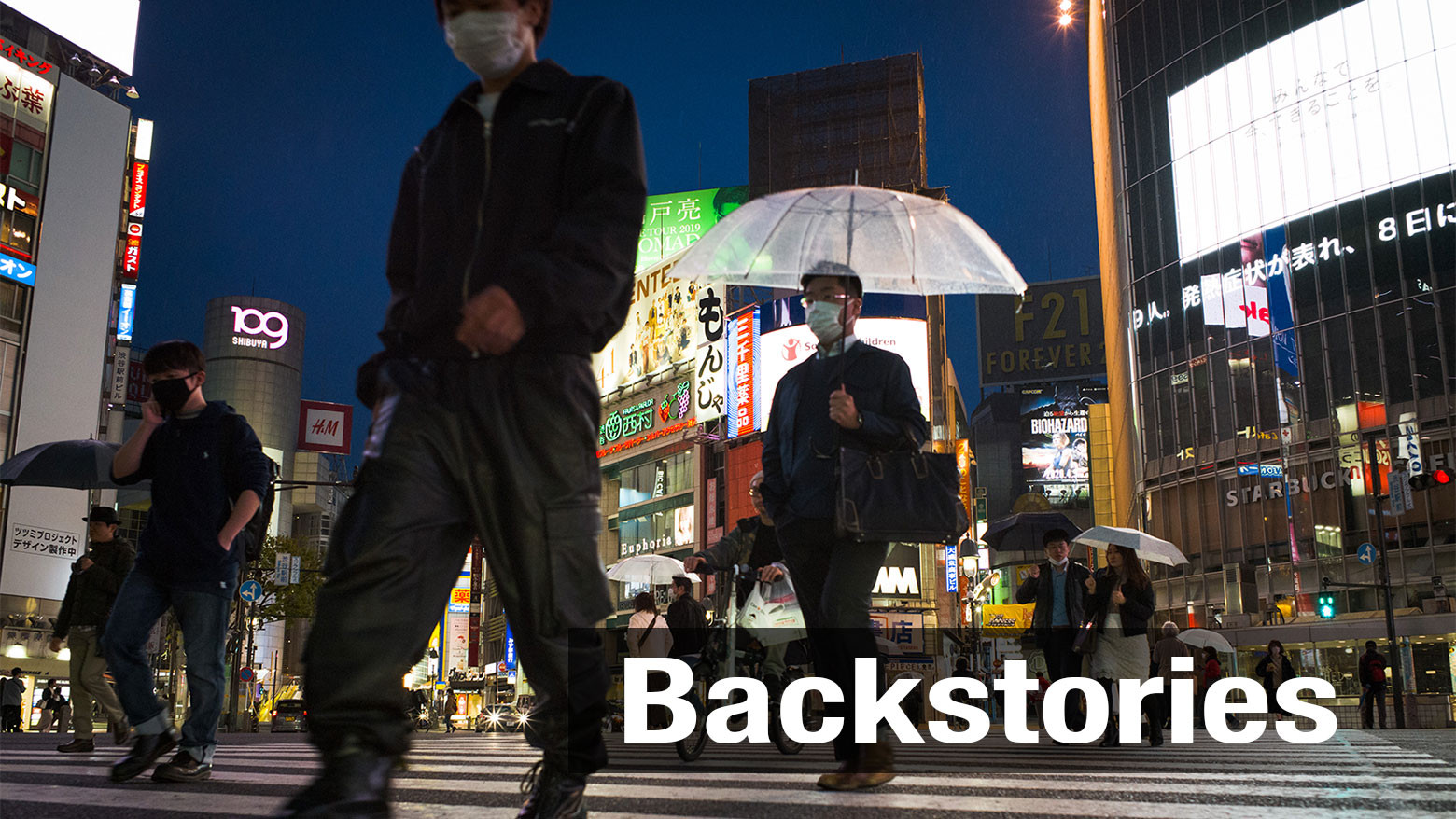2,085 people aged 18 and older were contacted for the poll between April 10th and 12th. 1,253 responded.
Coronavirus anxiety
About 90 percent of respondents said they are worried about contracting the virus. Over half of them said they feel very anxious, more than double the percentage from the previous month.
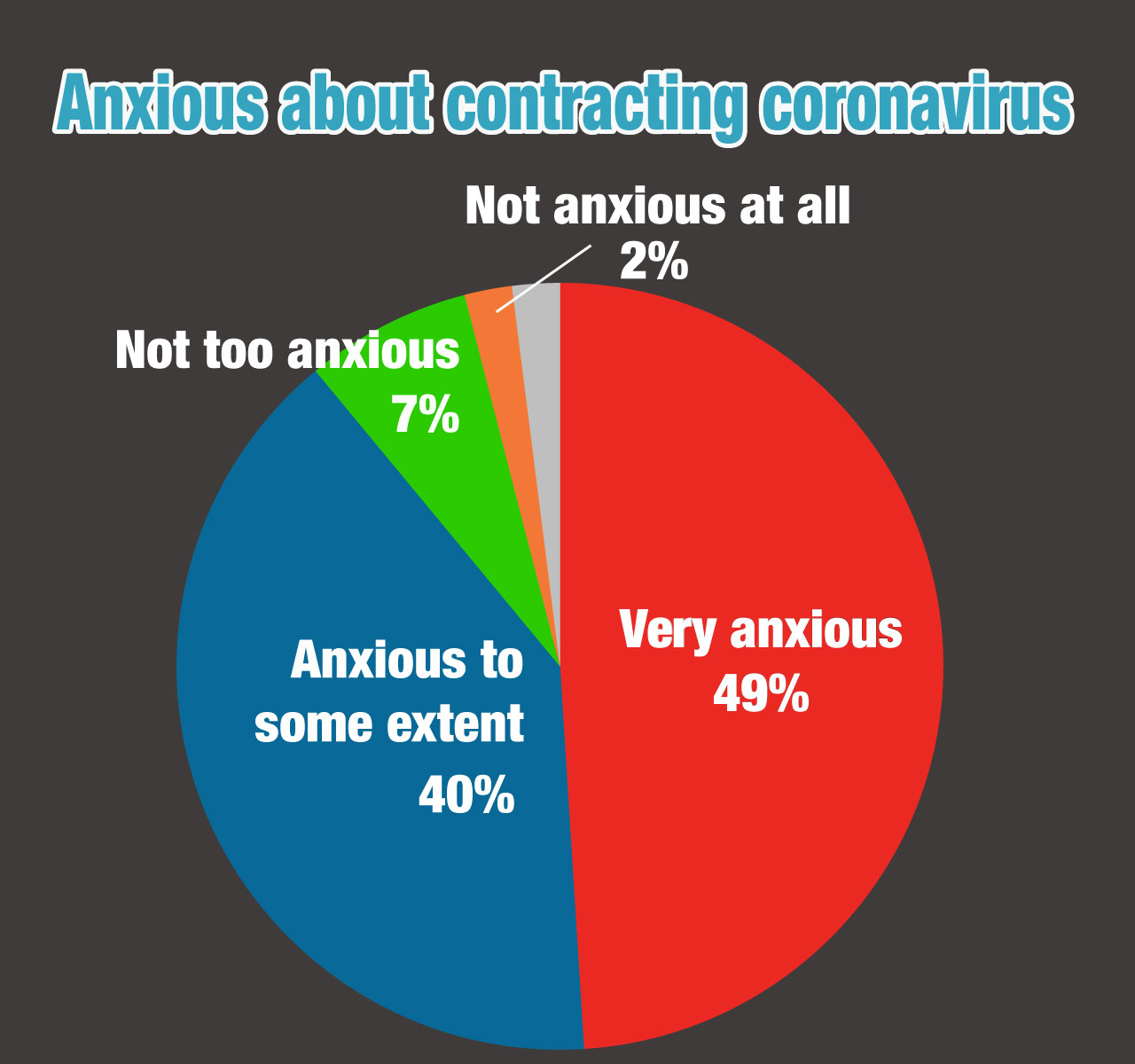
Approval rating of government response trending downwards
46% of respondents said they approve of the government's handling of the outbreak, down three percentage points from the previous month. 50% said they do not approve.
The approval rate has seen a nearly 20 percentage point decline since February, when it sat at 64%
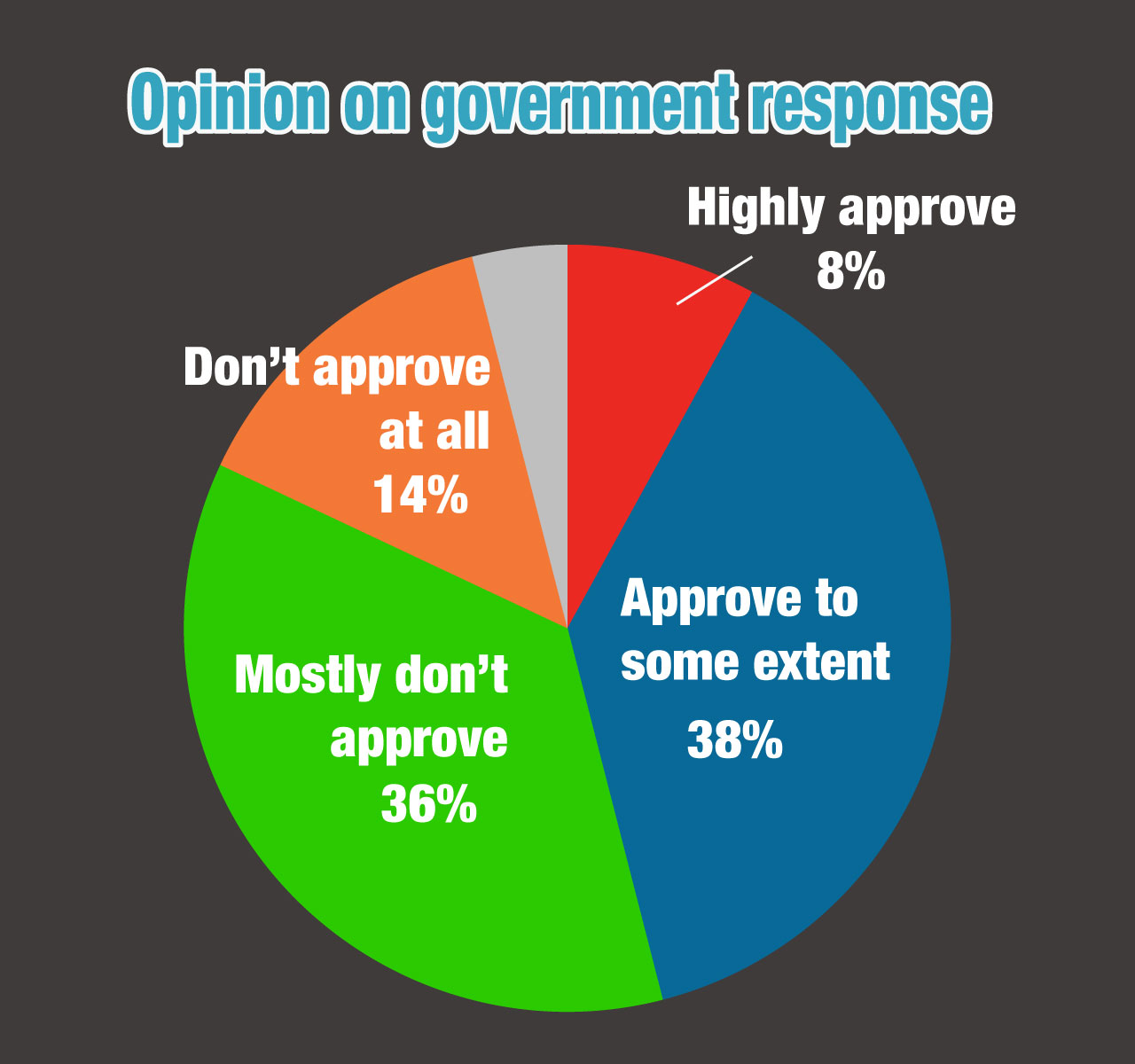
Majority say declaration came too late
The central government announced a month-long state of emergency for the prefectures of Tokyo, Kanagawa, Saitama, Chiba, Osaka, Hyogo, and Fukuoka on April 7th. Prime Minister Abe Shinzo said the order was needed to stem the rapid spread of the virus, which would otherwise have significant effects on people’s lives and the economy.
But three quarters of respondents said the declaration came too late. 17% said the timing was appropriate.
Even among respondents who approve of the government’s overall handling of the outbreak, more than 60% said the timing was too late.
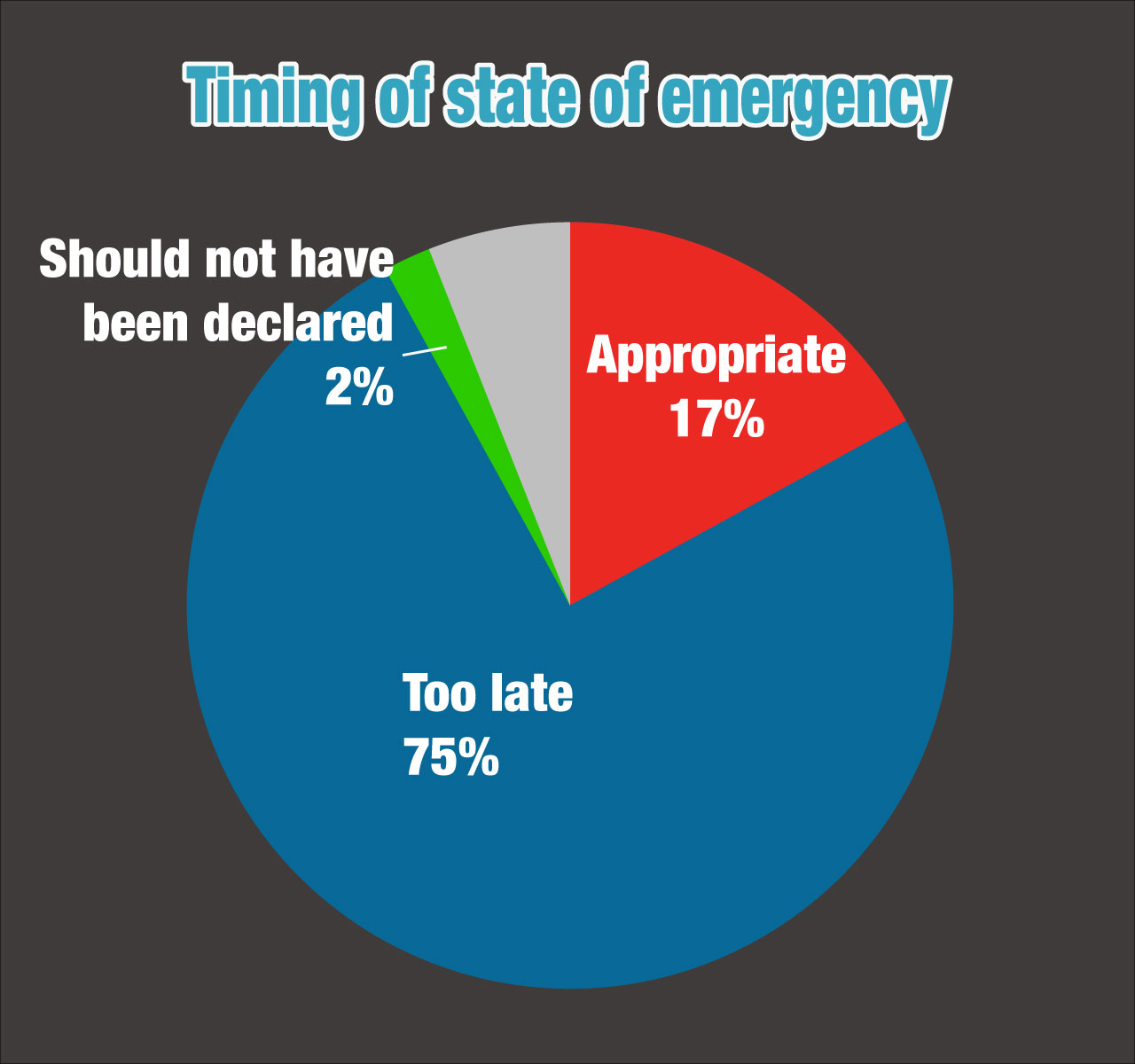
Economic measures divide opinion
To combat the impact of the virus, the government has approved a record emergency stimulus package worth about 108 trillion yen, or one trillion dollars. It includes measures to prevent the spread of infection, improve medical systems, and develop drugs to treat the virus. It also includes cash benefits for households and small- and medium-sized companies.
49% of respondents said they approve of the package, while 44% said they do not.
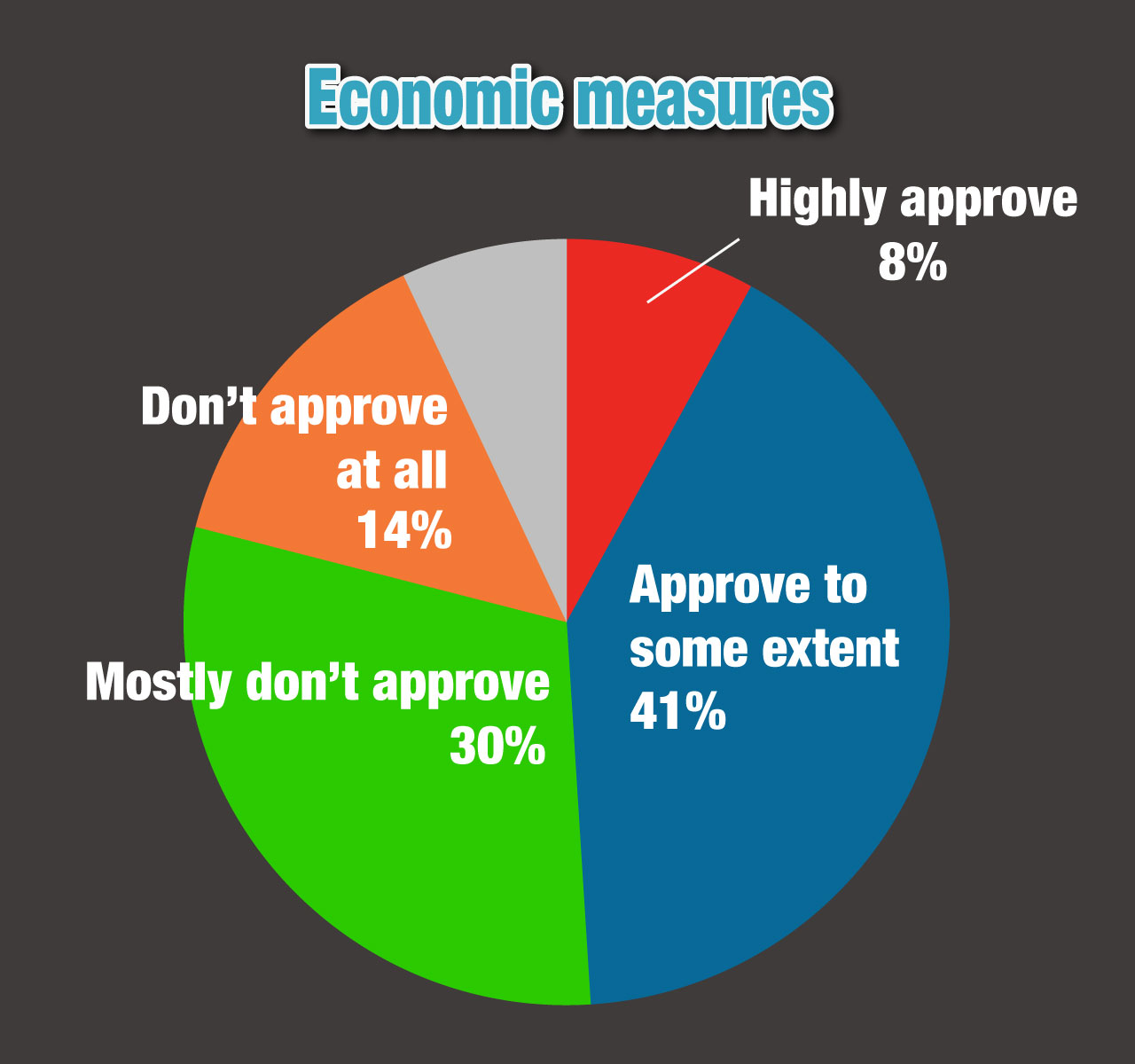
Government mask plan unpopular
The government will start mailing reusable cloth masks to all households in a bid to address a continuing shortage. A total of 58.5 million households will receive two masks each.
Over 70% of respondents said they do not support the plan, while 23% said they do.
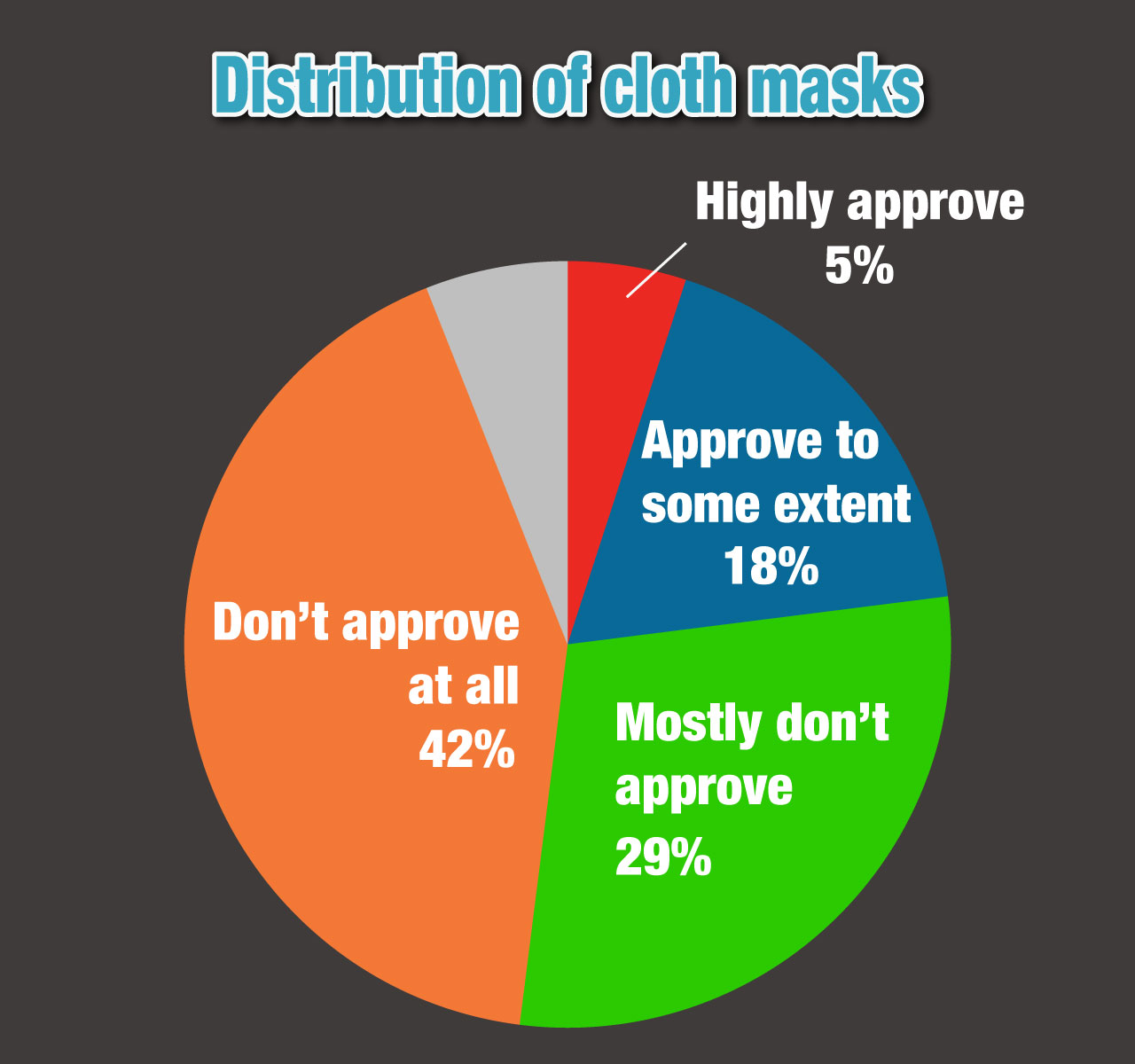
Majority believe businesses should be compensated
The government has requested businesses to reduce or close operations to help contain the outbreak. 76% of respondents said the state should compensate these businesses for their losses.
The government is also asking businesses in prefectures covered by the state of emergency to slash the number of employees in offices by 70% or more. This is part of an effort to reduce overall person-to-person contact by 80%.
41% of respondents said the target is achievable, while 48% said it is not. Nearly 60% of respondents working at companies said the target is not achievable.
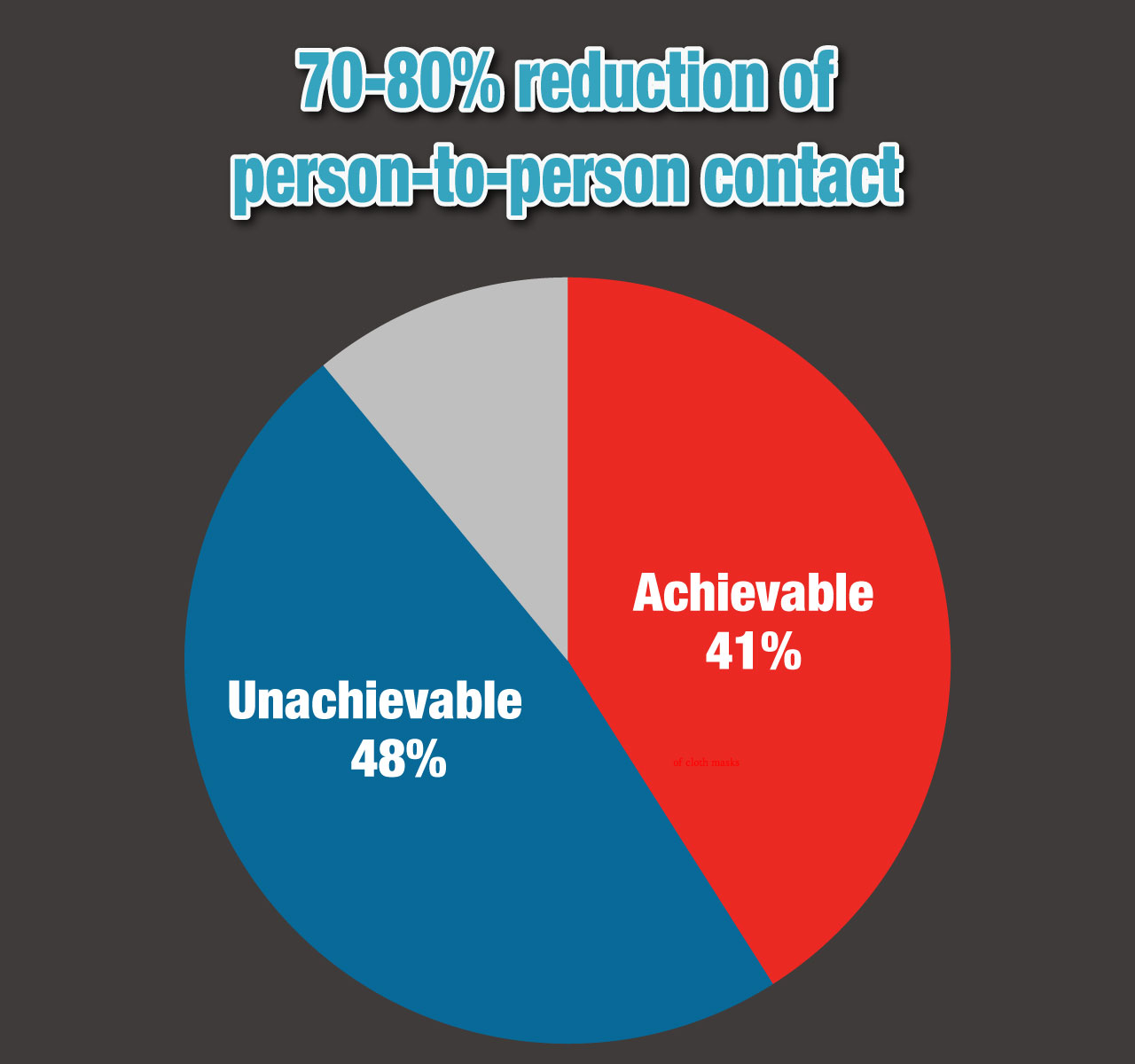
39% of respondents said they approve of the Abe cabinet, down four points from last month's survey. But the disapproval rate also declined three points, to 38%. Respondents who answered “don’t know” or did not answer increased from 17 to 23%.
Of those who said they disapprove of the cabinet, 35% said they don’t trust Abe and 28% said they have low expectations of his policies. Those who answered that they believe “his cabinet does not have the ability to get things done” rose from 15 to 23%. It’s the first time this figure has exceeded 20% since 2013, after Abe began his second stint as Prime Minister.
